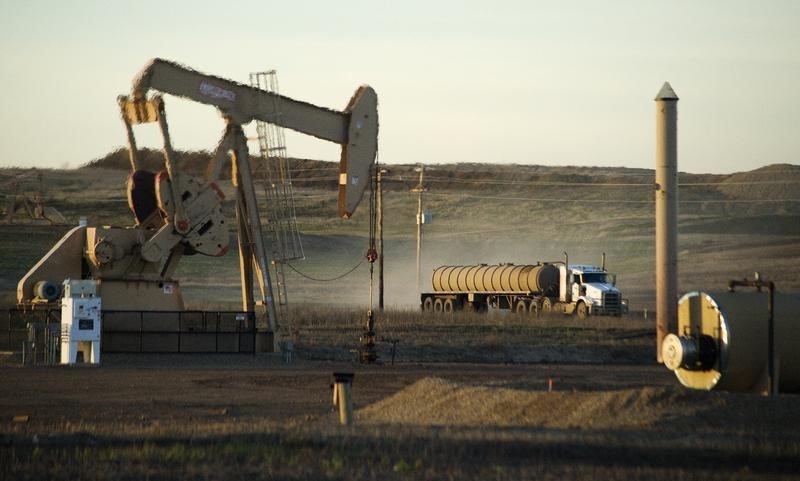The latest study from Cobalt Blue Holdings Ltd (ASX:COB, OTC:CBBHF) for its Kwinana Cobalt Refinery (KCR) in Western Australia reveals an efficient, sustainable play that is well-placed to propel the company into the critical minerals supply chain as a key Australian player.
CEO Joe Kaderavek said: “We are pleased to be able to update investors with pre-financing capital estimates.
Compelling, low-cost investment
“This latest study further demonstrates the Kwinana Refinery is a compelling, low-cost investment that rapidly injects Cobalt Blue into the midstream segment of the Strategically Aligned Nations’ critical minerals supply chain.
“The longer-term returns from expansion stages are particularly attractive.”
COB's study includes cost estimates for future capacity expansion at what would be Australia’s first cobalt sulphate refinery, producing high-quality, battery-grade cobalt sulphate intended for US Inflation Reduction Act (IRA) and European Union (EU) markets.
The refinery’s Stage One capacity is projected to produce 3,000 tonnes per annum (tpa) of cobalt as cobalt sulphate and 500 tpa of nickel as nickel metal.
These materials will supply the growing Precursor Cathode Active Material (pCAM) industry, essential for the electric vehicle (EV) battery supply chain.
Financial outlook and expansion plans
Cobalt Blue has estimated an initial capital cost of A$60 million for Stage One, with a projected net present value (NPV8) of A$68 million and an internal rate of return (IRR) of 23%.
The company anticipates generating an annual EBITDA of A$24 million from the project, with a payback period of 5.2 years.
In addition to that, Cobalt Blue is evaluating a Stage Two expansion, which would double the refinery's cobalt capacity to 6,000 tpa.
The incremental capital expenditure for Stage Two is estimated at A$23 million, bringing the combined NPV8 of Stage One and Stage Two to A$158 million, with a total annual EBITDA of A$46 million.
Partnerships and project timeline
Cobalt Blue has partnered with Iwatani Australia, a subsidiary of Japan’s Iwatani Corporation, to jointly develop the KCR, through the Japanese company’s wholly-owned subsidiary.
Iwatani owns the Doral Fused Materials plant in the Kwinana industrial district, which will be used as the location for the refinery, leveraging existing infrastructure to reduce development costs.
Doral Fused Materials location.
Iwatani Australia Pty Ltd managing director Ken Ueda said: “Iwatani Australia is pleased to note the considerable commercial, financial and technical progress made over the last six months to develop Australia’s first cobalt sulphate refinery.
“We look forward to a long-term relationship with COB, delivering and operating the Kwinana Cobalt Refinery.”
The plant is expected to be operational by 2027, with Stage Two planned for completion by 2029.
Proposed plant site layout beside the DFM Zirconia Plant. The feedstock loading area will be at the right, then (from right in the proposed plant) the leach circuit, purification, cobalt recovery and cobalt crystallisation circuit.
Supporting global EV market
KCR will play a crucial role in supplying responsibly sourced cobalt and nickel for the international EV market, aligning with global initiatives such as the US Inflation Reduction Act (IRA) and the EU Critical Raw Minerals Act (CRMA).
Cobalt demand is projected to double by 2030, making this project a timely investment in securing critical minerals supply for the clean energy transition.
The refinery’s location in Kwinana provides strategic advantages, including proximity to Fremantle Port and existing transport and export facilities, which will support efficient operations and supply chain management.
